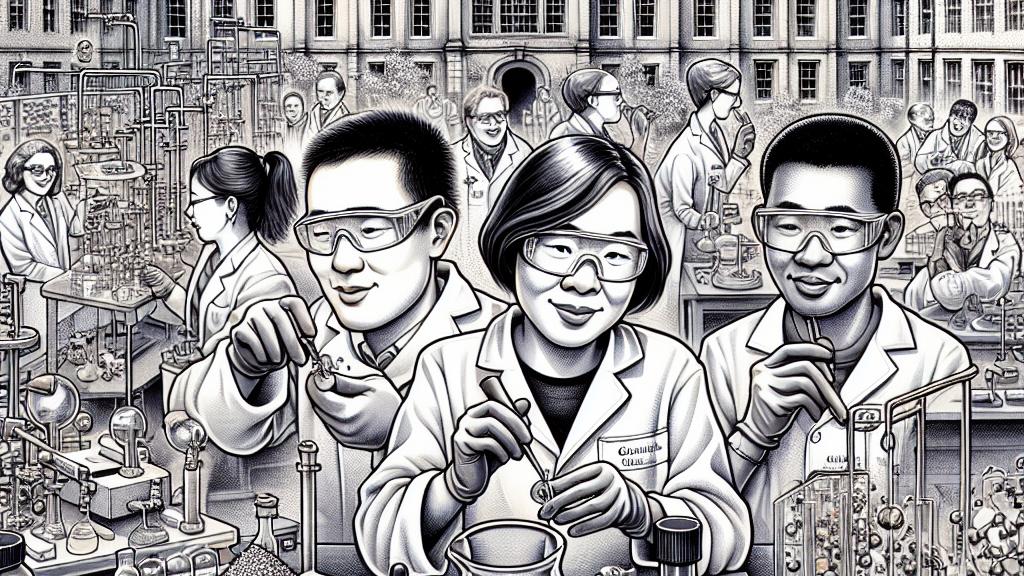Innovative Method for Fluorochemical Production from Fluorspar
Overview
- Transformative technique utilizes fluorspar to produce crucial fluorochemicals.
- Significantly mitigates reliance on dangerous hydrogen fluoride production methods.
- Offers an eco-friendly, cost-effective alternative paving the way for a sustainable future.

A Pioneering Discovery in the UK
At the heart of Oxford University in the UK, a team of dedicated researchers has ignited a revolution in chemical manufacturing. They’ve unlocked a remarkable method to extract fluorine from fluorspar, a mineral that many industries greatly depend on. By using a combination of oxalic acid and a specialized fluorophilic Lewis acid in a simple water-based reaction, they’ve crafted a safe pathway to create essential fluorinated compounds. This method stands in stark contrast to traditional hydrogen fluoride (HF) production processes that are notorious for being extremely hazardous; HF spills have often resulted in dire consequences for both people and the environment. Thanks to this innovative technique, we’re looking at a future where chemical production is not only safer but also more responsible.
Innovative Advantages of the Method
What truly sets this new method apart is its ability to simplify the energy-intensive steps usually required for HF creation. Instead of harsh, high-temperature processes, the researchers cleverly leverage fluorspar's inherent stability, allowing effective fluoride extraction even under mild conditions. For instance, this flexibility enables the production of tetrafluoroboric acid or hexafluorosilicic acid, both vital in various chemical applications. This versatility doesn’t merely enhance the safety of the production process; it opens the door to a broader range of uses across critical fields such as agriculture, pharmaceuticals, and even electronics. Imagine creating essential compounds without the threats tied to HF—that’s a game-changer for manufacturers and consumers alike!
Exciting Prospects for the Future
As we look to the future, the potential impact of this research is nothing short of exhilarating. The Oxford team aspires not only to transform fluorochemical production but also to champion sustainability in the industry. They’re actively developing low-cost methods for generating oxalic acid from renewable sources, such as CO2 and biomass. Visualize a world where key fluorinating reagents are produced sustainably, eliminating the toxic burdens of traditional manufacturing processes. This innovative technique could transform how industries manage fluoride waste, addressing a pressing environmental challenge that affects many sectors today. Overall, this research paves the way toward a safer, more efficient approach to chemical production, ensuring that both industry needs and environmental responsibilities can coexist harmoniously in the years to come.

Loading...